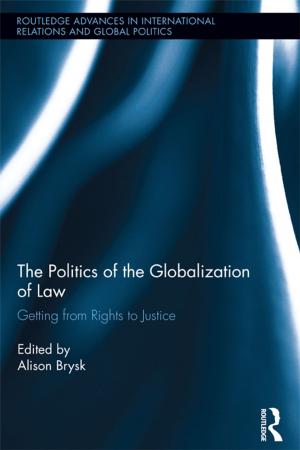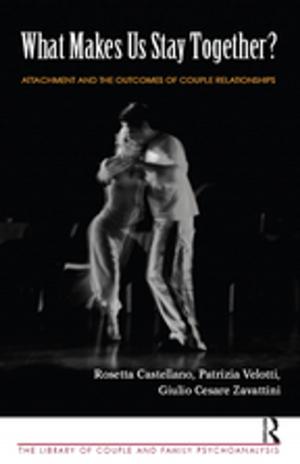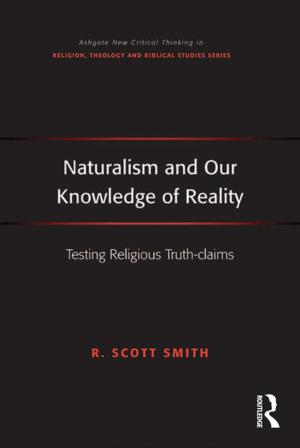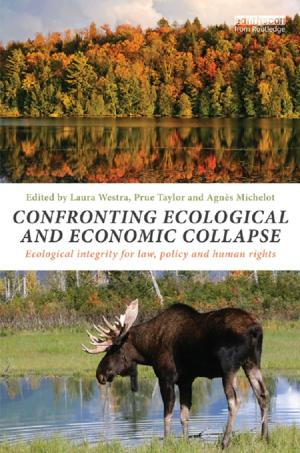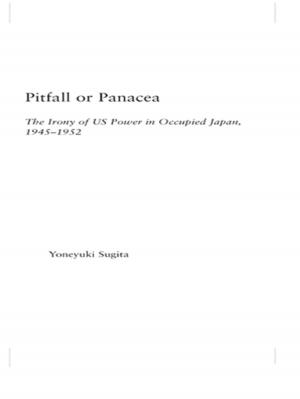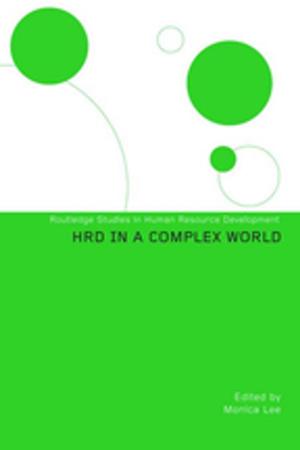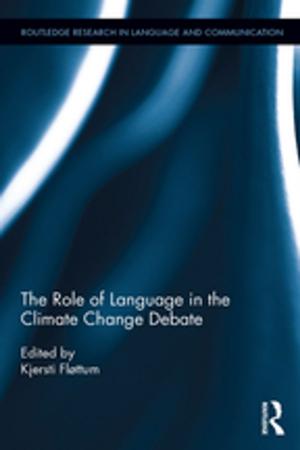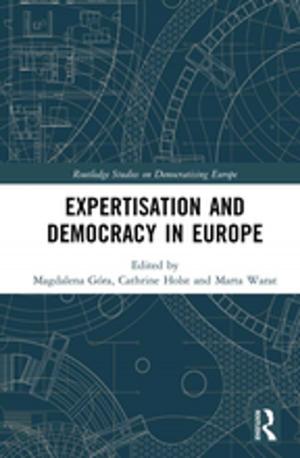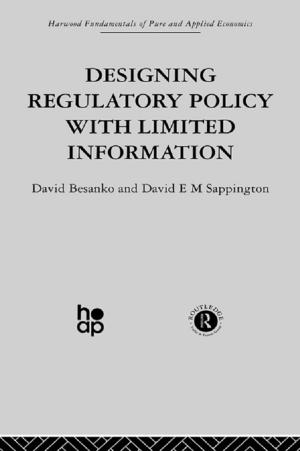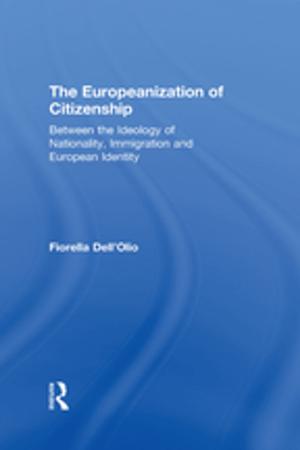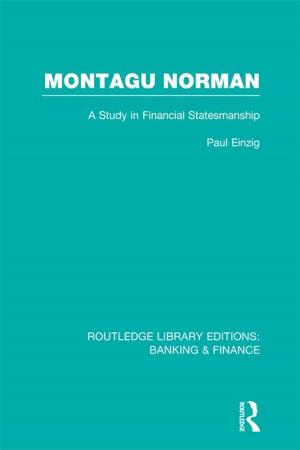Criminology Theory and Terrorism
New Applications and Approaches
Nonfiction, Social & Cultural Studies, Social Science, Crimes & Criminals, Criminology| Author: | ISBN: | 9781317512011 | |
| Publisher: | Taylor and Francis | Publication: | October 2, 2017 |
| Imprint: | Routledge | Language: | English |
| Author: | |
| ISBN: | 9781317512011 |
| Publisher: | Taylor and Francis |
| Publication: | October 2, 2017 |
| Imprint: | Routledge |
| Language: | English |
Although there has been an increase in research on terrorism across the social and behavioural sciences in the past few decades, until recently most of this work has originated from political science, psychology or economics. Therefore, our focus in this book on criminological conceptual frameworks and empirical studies that engage terrorism and responses to it is unique. We include a distinguished group of researchers that offer their distinctive insights into criminological perspectives on terrorism.
The contributors focus on criminological perspectives that have rarely, if ever, been previously applied to the study of terrorism. This includes a range of perspectives from rational choice to social disorganization; from strain to routine activities theory. This volume will advance understanding of terrorism by taking advantage of criminological contributions, and at the same time will serve as a useful update to the criminologists and their students already working in this area. It would also be a helpful introduction to those criminologists and their students who would like to be more engaged in this important area of research.
This book was originally published as a special issue of Terrorism and Political Violence.
Although there has been an increase in research on terrorism across the social and behavioural sciences in the past few decades, until recently most of this work has originated from political science, psychology or economics. Therefore, our focus in this book on criminological conceptual frameworks and empirical studies that engage terrorism and responses to it is unique. We include a distinguished group of researchers that offer their distinctive insights into criminological perspectives on terrorism.
The contributors focus on criminological perspectives that have rarely, if ever, been previously applied to the study of terrorism. This includes a range of perspectives from rational choice to social disorganization; from strain to routine activities theory. This volume will advance understanding of terrorism by taking advantage of criminological contributions, and at the same time will serve as a useful update to the criminologists and their students already working in this area. It would also be a helpful introduction to those criminologists and their students who would like to be more engaged in this important area of research.
This book was originally published as a special issue of Terrorism and Political Violence.

